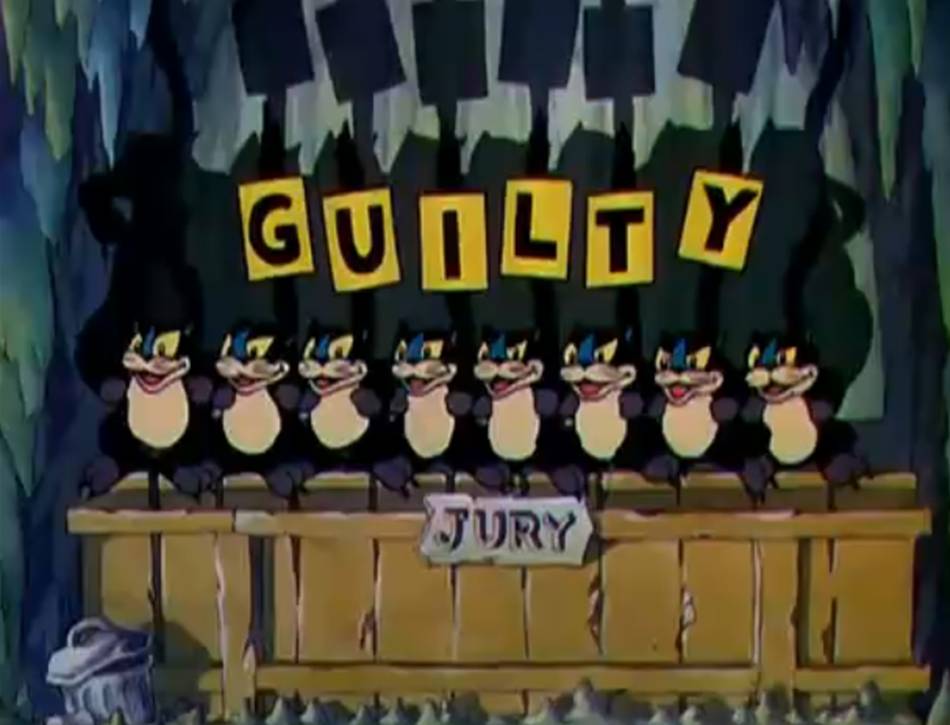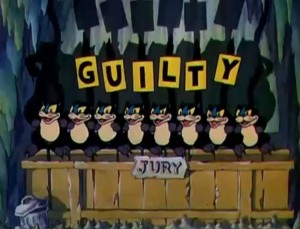Plagiarism used to be such a simple thing: If you stole someone else’s work and passed it off as your own, you were a liar and a thief. But in the cyber world, it has become something much grayer, though no less sinister.
Mood music:
In the security community I write about for a living, sites such as Attrition.org have vast sections devoted to those who plagiarize. To be called out for such an act is to be given the kiss of death. Once you’re exposed as a plagiarist, your career is pretty much over, though plenty of busted people have gone on to fool others in their new careers as “consultants.”
I was talking about all this with a friend, Dave Marcus, yesterday. Plagiarism is seen as a growing pandemic in the 21st Century, the result of everyone’s ability to post someone else’s content in their blogs without giving proper credit. In most cases, the plagiarist gets away with it because in the tidal wave of content in the digital age, it’s damn near impossible to keep track of what everyone is doing. I have a lot of respect for sites like Attrition.org for at least trying to keep watch.
But here’s the thing that scares me: These days, you can be a serial plagiarist and not even realize you’re doing it. It’s so easy to find information on sites like Wikipedia and copy and paste. Some call it research. But when you use it without sourcing it, it’s plagiarism.
I’ve been in journalism for 18-plus years and I’ve always lived in fear that at some point I might falter and forget to adequately source someone. Staying clean from that was already difficult enough before the Internet became the fast and easily-switched-on fire hose it is today.
In my day job, I write about a lot of research reports. The name of the game is to take the complex detail and break it down into language most of us can understand. In this blog, I draw from a lot of studies about mental health, addiction, etc.
I do a ton of cutting and pasting. In my security blog, I’ll use chunks straight from the horse’s mouth, first identifying who it’s from and then italicizing the borrowed passages. It’s my way of keeping it honest. I do the same thing here.
Other times I’ll copy and paste and then convert something into my own words. In those cases, I tell you where it’s coming from. But it’s also easy to see how simple the careless omissions of credit can be.
In the push to get a piece of writing finished, oversights will happen — no matter how hard the scribe tries to avoid it.
The result of all this is that plagiarism is becoming something that’s no longer black vs. white, good vs. evil. It’s becoming something more like sleepwalking. You get up in the middle of the night and walk around the house. Someone else in the house might see you and make note of it. But the next morning you wake up with no memory of it. As far as you’re concerned, you spent the entire night in bed.
It’s more forgivable when you don’t know you walked into a priceless vase in the middle of the night and sent it crashing down the stairs in a million pieces. But it’s still a sorry state of affairs.
The point of all this is that I never want to steal someone else’s work. But I’m awake to how easy it is to slip up.
If I ever do, I won’t feel evil. But I will feel terrible, all the same.
I can promise you that I’ll always do everything I can do get it right.


